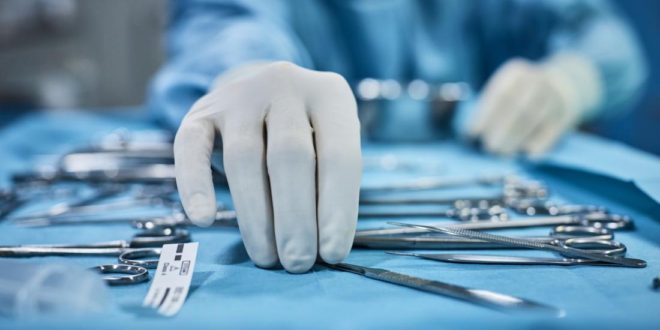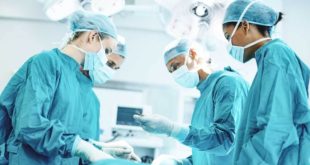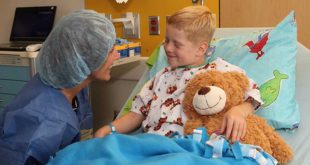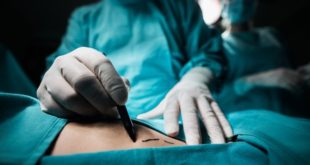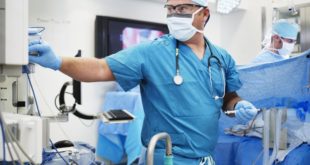If you have had surgery before or know someone who has, you are probably familiar with the phrase, “Nothing to eat or drink after midnight.” Why is this so important?
Because vomit in lungs is bad for your health! Seriously, it is.
Ideally, your stomach should be as empty as possible before undergoing surgery and specifically, anesthesia. This is strictly for your safety, and not to see if you have amazing willpower. The reason this is done is to minimize the risk of gastric aspiration. This is the term used to describe the entrance of your stomach’s contents into your respiratory tract. Those gastric contents are usually acidic and when they enter the lung area, they can cause a nasty infection. This is referred to as aspiration pneumonia or aspiration pneumonitis, and it can potentially be life-threatening.
When you are given anesthesia, you often lose the ability to cough and gag while you are asleep or sedated. The cycle is as follows: If you have a full stomach (meaning you aren’t appropriately fasted) and you get nauseated, some of the stuff in your stomach can come up into your throat and mouth. If you can’t swallow, cough or gag (you have lost your airway reflexes), these stomach contents can then go into your lungs. This is gastric aspiration. And gastric aspiration can have really bad results.
It’s important for your safety to be completely honest about the last time you had anything to eat or drink. We all want you to get your surgery done, but our goal is to do it safely.
You will be given fasting guidelines prior to showing up for surgery. For adults, this usually involves no clear liquids for at least two hours prior to surgery. And nothing to eat for at least 8 hours prior. Be sure to check with your doctors for their specific policies. It’s usually OK to take your meds with sips of water on the morning of surgery, but again, check with your physicians as they may have specific instructions on which medicines they want you to take and which they want you to “hold”.
Of course, the above guidelines apply to “elective” procedures. In medicine, we often have to do a risk/benefit analysis and weigh potential bad outcomes. There may not be time to fast appropriately in the case of emergency surgery. In this scenario, after examining your medical history and performing a pertinent exam, your anesthesiologistmay induce anesthesia in a rapid fashion to minimize the chance for aspiration. This may not appear any differently to the patient. It’s just part of our training and what we do to take good care of our patients.
So that’s why one of the first questions you get before surgery is about eating and drinking. Hope you have a great experience and keep all the bad stuff down.
 Anesthesia Myths: Get the Facts, Lose the Fear | Your #1 Anesthesia Resource in Simple language
Anesthesia Myths: Get the Facts, Lose the Fear | Your #1 Anesthesia Resource in Simple language
